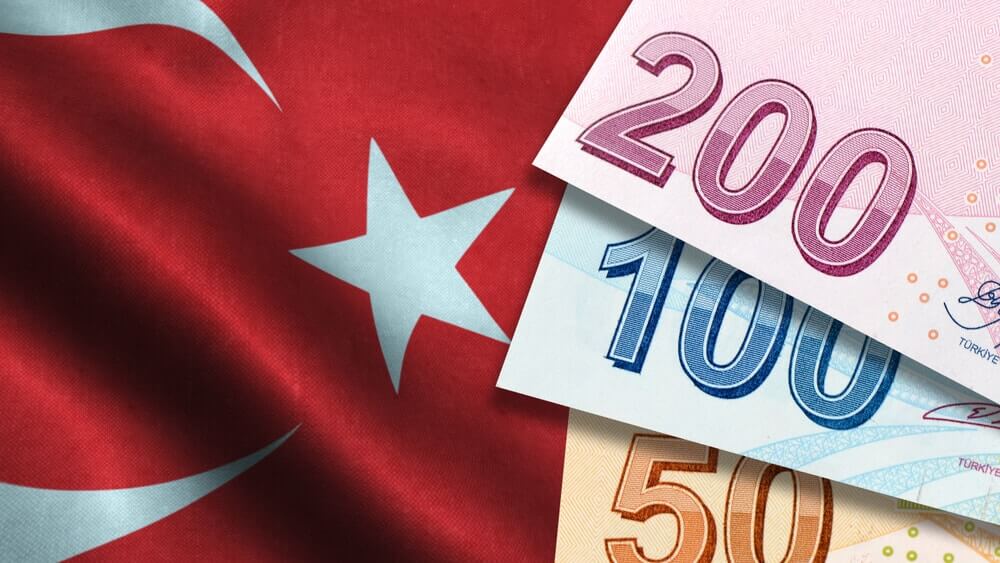Frustration rises in Turkey

Frustration rises in Turkey
Economists say President Recep Tayyip Erdogan’s insistence on directing monetary policy and maintaining low-interest rates is eroding confidence. Lines outside bakeries and gas stations; farmers are defaulting on loans; impromptu street protests. As the lira continues to fall, the signs of economic distress in Turkey are all too clear.
Following the lira’s sharp drop last week, sporadic protests have erupted across Turkey, and opposition parties have called for a series of rallies to demand a change of government. The recent upheaval comes after months of worsening economic conditions for Turkish citizens. The currency has lost more than 45 percent of its value this year, and nearly 20 percent in the last week, with the trend continuing on Tuesday.
Economists attribute the currency crisis to President Recep Tayyip Erdogan’s direct intervention in monetary policy and his desire to lower interest rates. The latest currency crash occurred after Mr. Erdogan delivered a speech last week outlining his determination to keep interest rates low to promote economic growth. In remarks to reporters aboard his plane as he returned from a visit to Turkmenistan on Monday, he reaffirmed his opposition to raising rates again. There is public dissent, which is unusual in a country where only officially sanctioned demonstrations are permitted. The major television channels and newspapers strictly adhere to the government line.
Last Wednesday, police detained 70 people in various districts of Istanbul. They were protesting the government’s economic management in the aftermath of the lira’s record drop the day before.
The Turkish lira new record low
On Tuesday, the Turkish lira fell to a new record low after Turkish President Recep Tayyip Erdogan issued recent statements opposing interest rate increases.
Following renewed concerns about the country’s monetary policy and worries about the COVID-19 Omicron variant, the currency hit a low of 13.47 to the dollar in late afternoon trading. It surpassed its previous record low of roughly 13.45 to the greenback last week.
The Turkish lira has dropped from around 8.5 to the dollar in late August to more than 13 today. Erdogan has consistently refused to raise interest rates to contain rising double-digit inflation. As a result, the lira’s value has plummeted in recent years. Turkey’s inflation rate has increased to nearly 20%. Economic experts and former officials in the country have openly pleaded with the president to reverse his decision. On the other hand, Erdogan has long held the unusual belief that higher interest rates cause inflation rather than reduce it.
GDP growth
Turkey reported positive GDP growth figures this week. Still, the pain of a weaker currency outweighs the benefits, according to Tim Ash, the senior emerging markets strategist at BlueBay Asset Management.
Lower rates may produce high real GDP growth. However, it would come at the expense of a weaker currency, higher inflation, and longer-term concerns about macroeconomic stability.
Turkey’s GDP increased by 7.4 percent year on year in the third quarter. It was a 2.7 percent increase from the previous quarter. It was driven by household and government consumption and exports. However, due to the currency crisis and soaring inflation, those figures are far from complete.
Nonetheless, the bank raises its 2021 growth forecast by one percentage point to 10.5 percent. Simultaneously, Goldman is lowering its 2022 growth forecast by half a percentage to 3.5 percent yearly.
There were also unconfirmed reports from local media that the Turkish central bank’s head of markets, Doruk Kucuksarac, had resigned, a figure Ash described as “credible.” The resignation has not been made public.
The post Frustration rises in Turkey appeared first on FinanceBrokerage.
0 Response to "Frustration rises in Turkey"
Post a Comment